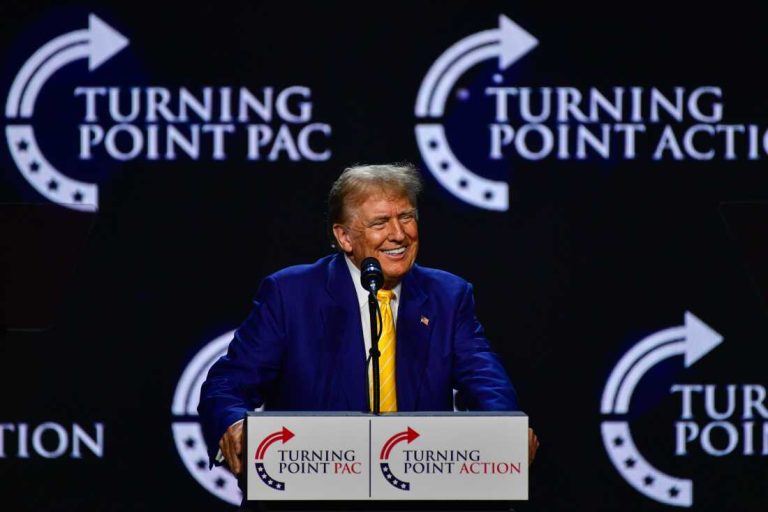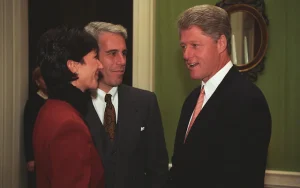Media Matters for America, a well-known progressive media watchdog organization, is currently navigating one of the most challenging periods in its history. Over the past several months, the group has found itself embroiled in multiple legal battles and government investigations, leading to mounting financial pressures and internal strain. While the organization continues to publicly affirm its commitment to its mission, reports indicate that it is contending with serious operational challenges that threaten its future stability.
Founded as a self-described “media watchdog,” Media Matters has long focused on monitoring and countering what it identifies as conservative misinformation and disinformation in the media landscape. The organization has historically enjoyed support from prominent Democratic donors and progressive circles. However, recent developments have placed it in the crosshairs of legal actions and regulatory scrutiny, significantly impacting its finances and staff.
Central to Media Matters’ current difficulties is a defamation lawsuit filed by X Corp., the company behind the social media platform formerly known as Twitter. This suit, initiated in November 2023, alleges that Media Matters published false claims that advertisements from major brands—including Apple, IBM, and Oracle—were appearing alongside extremist and antisemitic content on the platform. According to X Corp., Media Matters allegedly manipulated the platform’s algorithm by creating test accounts that followed select users and repeatedly refreshed their feeds. These actions, X asserts, were intended to generate screenshots that misrepresented the typical experience of an average user and falsely suggested that brands’ advertisements were being placed next to harmful content.
The lawsuit has escalated into a costly legal confrontation, with Media Matters reportedly incurring millions of dollars in legal fees as it mounts its defense. Efforts to negotiate a settlement have been made but ultimately failed to bring the dispute to a resolution. Media Matters has offered various concessions during talks, but sources indicate that the parties remain far apart on key issues.
In addition to the lawsuit from X Corp., Media Matters is also facing investigations from federal and state authorities. The Federal Trade Commission (FTC) has opened a civil investigative demand related to potential coordination between Media Matters and other entities in encouraging advertisers to boycott the platform. This inquiry examines whether any unlawful collusion took place in the effort to influence advertiser behavior on X.
Further complicating matters, several Republican state attorneys general have joined the scrutiny of Media Matters’ activities, adding layers of legal and regulatory pressure. These investigations and lawsuits, taken together, have contributed to a significant increase in the organization’s legal expenditures, which have been reported to exceed $15 million over recent months.
The financial strain has had tangible effects on the organization’s operations. Internal sources and leaked documents have revealed that Media Matters has been forced to downsize its staff and scale back its activities. These cutbacks have reportedly led to lower morale among employees, increased internal tensions, and concerns about the group’s ability to continue its work at the same capacity.
Despite these challenges, Media Matters’ leadership has publicly denied any plans to close the organization. Statements issued by the group emphasize their ongoing commitment to combating misinformation and defending the integrity of the media landscape. However, confidential internal discussions obtained by journalists suggest that shuttering the organization has been considered as a last-resort option, underscoring the severity of the situation.
Observers note that Media Matters’ predicament reflects broader tensions in the media and political landscape, particularly in the highly polarized environment surrounding social media regulation, free speech, and political advocacy. The organization’s legal battles have drawn both criticism and support, with conservatives highlighting the lawsuits as evidence of alleged overreach and manipulation by left-leaning groups, while supporters argue that Media Matters is a vital check against misinformation and harmful content.
The case against Media Matters also raises complex questions about the role of media watchdogs in shaping public discourse, the responsibilities of social media platforms in managing advertising and content moderation, and the limits of legal accountability in cases involving online speech and activism.
As the legal proceedings continue, the outcomes will likely have significant implications not only for Media Matters but also for how political advocacy groups operate in the digital age. The high-profile nature of the lawsuits and investigations has brought national attention to the challenges media watchdog organizations face when their work intersects with powerful corporate interests and regulatory bodies.
Looking forward, Media Matters will need to navigate these challenges carefully to maintain donor confidence, rebuild staff morale, and continue its mission. Whether the organization can withstand the ongoing pressures remains uncertain, but what is clear is that the current period marks a critical juncture in its history.
In the meantime, the broader conversation about misinformation, media accountability, and the influence of advocacy groups on public opinion shows no signs of abating. Media Matters’ experience serves as a vivid illustration of how contentious and complex these issues have become in contemporary American society.

Emily Johnson is a critically acclaimed essayist and novelist known for her thought-provoking works centered on feminism, women’s rights, and modern relationships. Born and raised in Portland, Oregon, Emily grew up with a deep love of books, often spending her afternoons at her local library. She went on to study literature and gender studies at UCLA, where she became deeply involved in activism and began publishing essays in campus journals. Her debut essay collection, Voices Unbound, struck a chord with readers nationwide for its fearless exploration of gender dynamics, identity, and the challenges faced by women in contemporary society. Emily later transitioned into fiction, writing novels that balance compelling storytelling with social commentary. Her protagonists are often strong, multidimensional women navigating love, ambition, and the struggles of everyday life, making her a favorite among readers who crave authentic, relatable narratives. Critics praise her ability to merge personal intimacy with universal themes. Off the page, Emily is an advocate for women in publishing, leading workshops that encourage young female writers to embrace their voices. She lives in Seattle with her partner and two rescue cats, where she continues to write, teach, and inspire a new generation of storytellers.









